Insulin Nation – The T1 Tech Roundup

Insulin Nation strives to keep you up to date on the latest news on diabetes gear. Here’s what we’ve found recently that’s noteworthy.

Insulin Nation strives to keep you up to date on the latest news on diabetes gear. Here’s what we’ve found recently that’s noteworthy.
Today, the biggest risk for tuberculosis is not HIV/AIDS, which led to a surge in cases in the late 1980s, but diabetes. Diabetes impairs the immune system and leaves a person who has been exposed to TB much more likely to develop active disease.
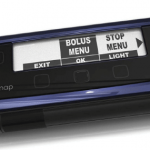
In the last decade, as pumps have become more sophisticated, so have potential pump problems. Before, it was almost always user error to fear. Now, we’ve had to become vigilant of computer failure, as well.
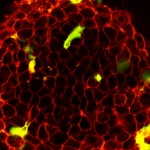
Any islets transplanted into the T1 body must run a gauntlet of killer T cells to survive long enough to integrate into the body. Most don’t live that long; some 90% of islets die either during transplant or shortly thereafter, making islet therapy often an expensive T1 therapy of last resort.

In a recent survey, 57% of patients with Type 1 diabetes say they expect a cure by 2024. Why only 57%? Why should we have to wait until 2024? As a Type 1 diabetes researcher and clinician, it is my firm belief that we could have achieved insulin independence for people with Type 1 more […]

Children and adolescents older than age 8 at the onset of type 1 diabetes had weaker brain connectivity when tested later in life relative to those who had earlier ages of diagnosis, University of Pittsburgh Schools of the Health Sciences researchers discovered.
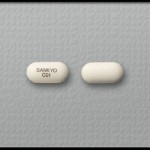
A change in thinking about the ways type 2 diabetes evolves indirectly opened the door to considering new ways of thinking about how type 1 diabetes behaves. That shift led to considering whether that door swung both ways and if type 1 diabetics might benefit from treatments designed to treat type 2 diabetes.

More than half of people who have type 1 diabetes or have a family member or close friend with the disease expect a cure to be found in the next 10 years, according to a semi-annual survey conducted by the Juvenile Diabetes Cure Alliance.

Currently T1 is defined as a condition in which there is an autoimmune attack on insulin-producing cells, but many scientists no longer believe that this definition adequately portrays what we now know is happening.

How many times have we heard it? Many times, however, that’s all we’re told: Check your feet. What am I looking for? What do I do if I find it?!

Here’s a development to keep your eye on: Bariatric surgery performed on a small group of morbidly obese type 1s led to considerable weight loss, improved glycemic control, and improved metabolic profiles up to three years later.
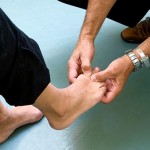
Diabetes is the fastest-growing chronic disease in the U.S., but experts says there is a relatively simple and inexpensive way to reduce the soaring cost of treating it: Get patients to take better care of their feet.
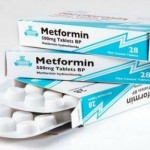
Since type 1 diabetics are constantly dealing all their lives with the issue of glucose release after meals, at night, and whenever from our livers, why aren’t we given metformin to control this process as a standard of care? Why is it that metformin is only given to type 2 diabetics when type 1s are […]

Are you ready for a challenge? Then let’s take a trip together–just me, you, and diabetes. Another travel season is upon us, with all of the challenges and frustrations that it entails for those with type 1 and type 2 diabetes. It might not simple or easy to manage, but it should be rewarding if […]

As someone who’s been doing islet cell transplants for 20-plus years now, Dr. Jose Oberholzer in Chicago wonders why more people with diabetes don’t know about the procedure as an option.

Preparing for human clinical trials, the research pediatrician at Children’s Hospital of UPMC of Pittsburgh needs $7 million to $10 million for a multi-site trial involving 105 people with a recent diagnosis of type 1 diabetes. But federal budget cuts are making it difficult to land research grants through the National Institutes of Health.
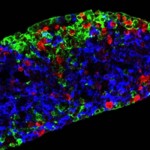
ViaCyte’s VC-01 product candidate is a cell replacement therapy that could transform the way individuals with type 1 diabetes manage their disease by supplying an alternative source of insulin-producing cells with the potential to free individuals from a dependence on external insulin use.

Oramed has submitted a protocol to the FDA to initiate a Phase 2a trial of its orally ingestible insulin capsule, ORMD 0801, for type 1 diabetes. The double-blind, randomized, placebo controlled, seven-day study design will be carried out at an inpatient setting on twenty-four type 1 diabetic patients
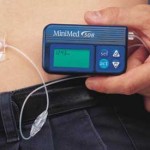
If you use an insulin pump, every now and then you may experience the unfortunate event of watching it send you the message, “No Delivery.” You’re no longer receiving insulin from your pump.

If more insulin isn’t the answer to better control, what might be? Some researchers believe it might be dapagliflozin, a new drug that can prevent glucose reabsorption into the kidneys, lower A1c and reduce insulin doses simultaneously, according to a recently completed pilot Phase IIa trial.